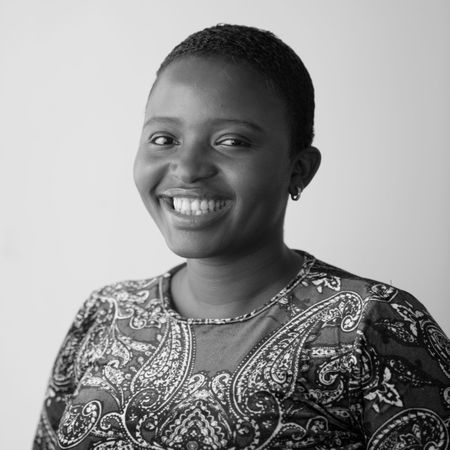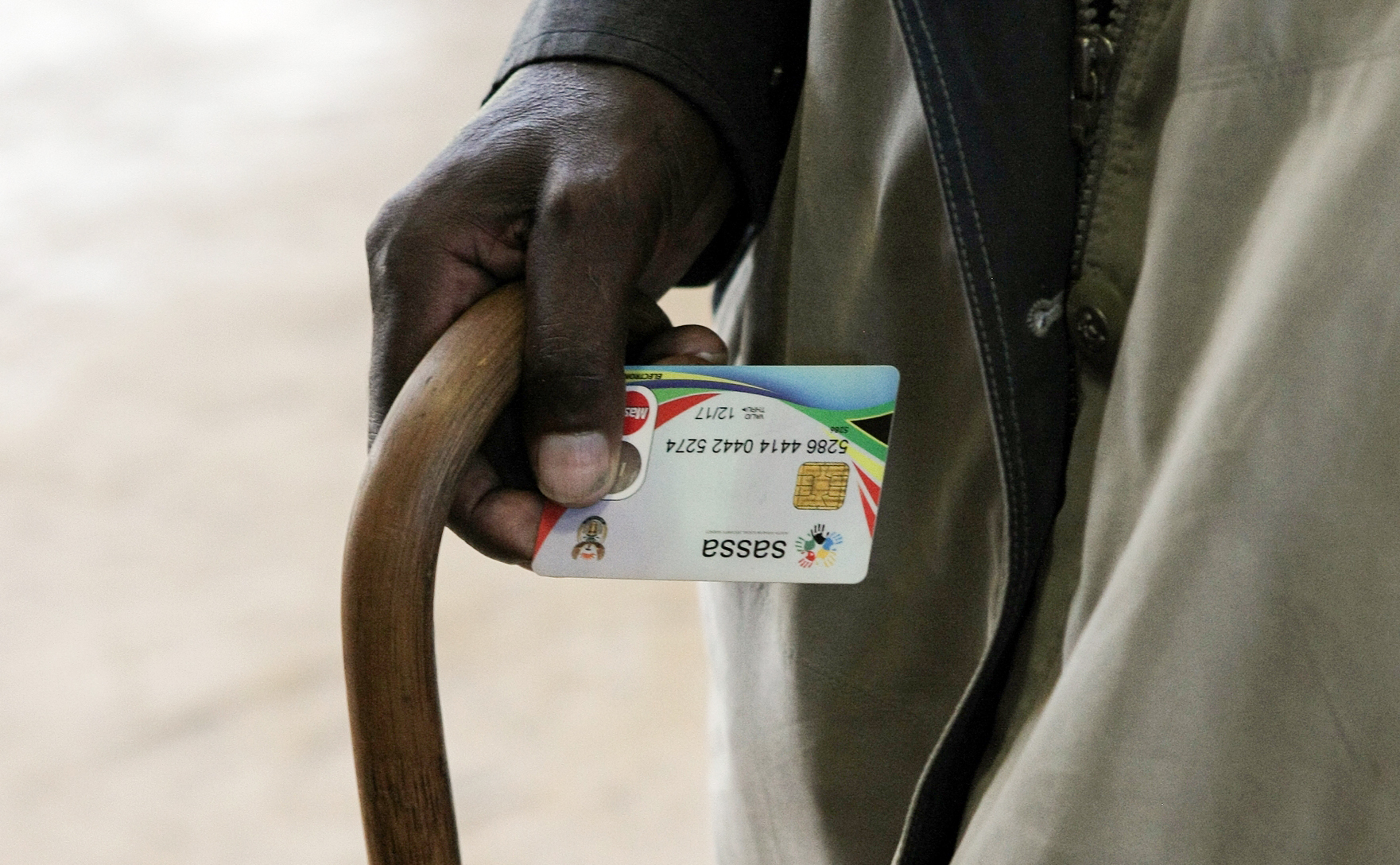Fifty-eight-year-old Esmeralda Rodkin last received the Social Relief of Distress (SRD) grant in 2022. She says the online system declines her requests for payment due to having a source of income, but she claims she is unemployed and doesn’t have any income other than the grant.
“I went to the South African Social Security Agency (Sassa) offices in Lans (Lanseria) because of this problem, and I must borrow money to pay for petrol because you can’t get in somebody’s car (for a lift) and not pay anything. People want money, so you have to pay for transport in trying to sort out the grant, and we don’t know why it has to be so hard,” Rodkin said.
She said that while she was still receiving the grant, she used it to buy ingredients to make vetkoek to sell to others.
“I was selling vetkoek before, but now, since the grant money stopped I cannot get the ingredients. I have done all things, and I am still struggling with this thing since last December,” she said.
Despite Rodkin’s frustration, she is hoping that her latest visit to the Sassa office will help her access the grant.
“They verified me and said I will be able to get the money now, but in the previous months I was declined. Their computers take your picture, and once the computer is done, you are now verified. They told me this is for fraud purposes. I am turning 59. How will I be a fraud? We don’t get jobs, so where will we get jobs at this age? They must just cancel this verification thing, sometimes you don’t have a phone or airtime, and they get mad at you when you don’t have a phone,” Rodkin said.
She added that she often asked young children to help her.
“Sometimes the kids get irritated, and it can be embarrassing because you don’t understand this system. It’s so frustrating, it is really frustrating,” she said.
Oliver Meth, the head of communications at human rights organisation Black Sash, said: “The appeal process, though in place, is digital and not user friendly, leaving vulnerable people with limited recourse. This disproportionately impacts the very people the grant is meant to support — the unemployed, the poor and those without access to reliable technology.
“As Black Sash, we have consistently called for multiple accessible channels for applications and appeals, including in-person support at Sassa offices, and for greater transparency and fairness in how data is used to assess eligibility.”
Complaints from SRD beneficiaries
Meth said that Black Sash continued to receive complaints from SRD grant applicants and beneficiaries who were struggling to access the grant. Some of the most common challenges include:
- Applications are being unfairly declined due to inaccurate means-test checks against bank records or Unemployment Insurance Fund/SA Revenue Service databases.
- Technical glitches in the online system prevent people from submitting or updating their applications.
- Lack of accessible communication — beneficiaries often do not understand why they were declined or how to appeal.
- Barriers for those without internet access, smartphones or digital literacy, especially in rural and low-income communities.
Britney Solomon, 18, is one of many who wait for approval and a payout date monthly.
“The problem with my grant was that it said identify verification failed, July said identify verification failed and August still doesn’t have a date, but it’s approved,” she said.
Solomon lives with her mother, father and sister in Johannesburg. They make a living by running “a small shop by a primary school”. She is currently writing preliminary examinations and is unable to visit a Sassa branch.
Grant and social welfare activist Elizabeth Raiters said the social development minister had been silent on the issue.
“For months I have been stressed that the minister is very silent, and never addresses the public on the struggles they actually face regarding accessing their grants,” she said.
“This department should be run by a person who has compassion and listens to the plight of the poor. The exclusion is at an all-time high at the moment, yet food prices are so high. It’s sad that we still have so many people going hungry. The government needs to do better when it comes to social protection of the most vulnerable citizens,” Raiters said.
Read more: Rising cost of food hits social grant recipients hard
In a written response to Daily Maverick’s questions, Sassa spokesperson Andile Tshona said the agency had observed some clients who could not access the grant from the Postbank retail channel because of issues with the cellphone number sync, and those who could not be paid due to their bank accounts awaiting account verification at the time of payment.
Tshona encouraged people to change their cellphone or payment details at least seven days before the start of the payment period to enable the necessary validation processes, such as bank account verification, cellphone number verification, and syncing with Postbank.
Raiters reported some clients being told that they had “double accounts” where two accounts were registered under the same number without the beneficiary knowing.
“The system can only pay to one account at a time, which is confirmed by the bank as belonging to the client. Furthermore, a change of bank details is done through a one-time PIN that is sent to the client’s provided cellphone number. A change of cellphone number can only be done where biometric verification is successful, i.e. where the ID number and the face of the client transacting can be confirmed as valid by the Department of Home Affairs. Clients are encouraged to access their records to ensure that the cellphone number linked to the record is valid, and to change it if not, which would be done through biometric verification.”
Tshona explained the Electric Know Your Client system that officially kicked in on 1 September 2025.
What is the new system?
“It is a facial recognition and verification process that confirms that the ID number and facial traits of the client transacting on the system are valid and confirmed to match those recorded within the Department of Home Affairs. The control also ensures that the client transacting is still alive. These controls mitigate identity theft and the submission of a prerecorded video or photo mimicking a live person,” said Tshona.
The online application system has faced criticism for allegedly excluding eligible beneficiaries. Sassa’s response to this criticism was that it had implemented self-service kiosks at its offices to ensure that clients without the necessary gadgets like smartphones, laptops, and a network could still access the service.
A beneficiary told Daily Maverick that the months when she didn’t get approved were tough.
“I don't have a job, I live day to day. When I don’t get approved, we go hungry,” she said. DM





 Eligible SRD grant recipients are left in limbo every month waiting for approval, and can be excluded with little means to appeal. (Photo: Gallo Images / Sowetan / Sandile Ndlovu)
Eligible SRD grant recipients are left in limbo every month waiting for approval, and can be excluded with little means to appeal. (Photo: Gallo Images / Sowetan / Sandile Ndlovu)